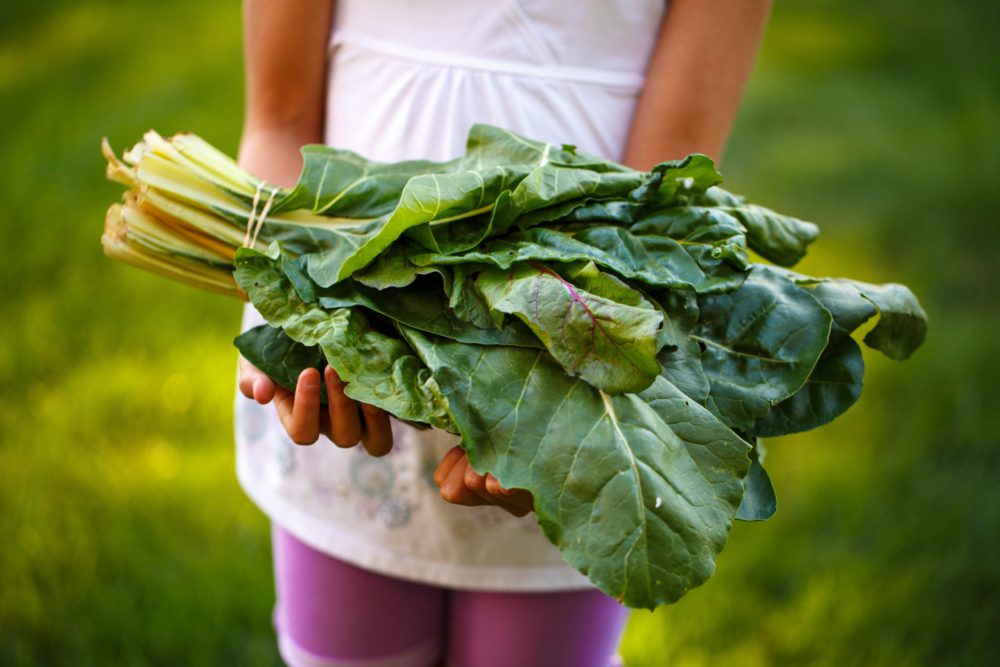The National Gleaning Project
The NGP supports gleaning and food recovery efforts in the United States.
This site provides information on national and state laws and regulations pertaining to gleaning, food recovery, and food donation; an interactive map of gleaning and food recovery organizations across the country; and reports and research created by the National Gleaning Project team. Gleaning and food recovery organizations can contribute tools like waivers, volunteer handbooks, and other documents useful to their group in the Community Resource Library.

The National Gleaning Project team acknowledges that hunger does not result from food shortages, but from unequal distribution. The United States produces enough food to supply every person living in it with 1 ½ times their estimated daily calorie requirement. However, a number of policy decisions and structural factors, such as supermarket redlining, systemic racism, and income and wealth inequality, contribute to our current and entrenched food system in which not everyone has access to the food they need. The Economic Research Service of the USDA found that over the course of 2020, 10.5 percent of households in the US were food insecure, meaning that they “were uncertain of having . . . enough food to meet the needs of all their members.” People of color consistently have higher rates of food insecurity and poverty, and are harder hit during economic downturns. We acknowledge that this is not accidental and results from racism designed into the food and larger economic systems.
Food donation and food banks can fill in gaps, but the charitable food donation system is not big enough, efficient enough, or the right way to solve hunger. To bolster food security, we must support and advance workers’ rights, food sovereignty, and economic justice to ensure that everyone has the means, ability, and opportunity to provision their own food.
Gleaning can support immediate needs, as well as other aims. Many organizations find that gleaning days lend themselves to forging connections and building community. It’s likely that short-term food insecurity will persist during times of transition, at the loss of a job, for example. Gleaning can be useful to fill in gaps during these transitions. In the long term, the National Gleaning Project team will continue to work toward a country and a world of food equity and food justice, and in the meantime, hopes that gleaning can support “survival pending revolution.”
Further Reading
- Anna Gorman, “Kinder and Less Just: A Critical Analysis of Modern Gleaning Organizations and Their Plan in Food Recovery Discourse” (University of the Pacific, 2019).
- Austin Bryniarski, “The war on food waste is a waste of time” (The Outline, 2020).
- Dan Charles, “Food Banks Get the Love, but SNAP Does More to Fight Hunger” (The Salt, 2020).
CAFS & Vermont Law & Graduate School
The NGP is a project of the Center for Agriculture and Food Systems at Vermont Law & Graduate School, which supports scholars, practitioners, and students in producing innovative research and legal tools for use by the food and agriculture community.
The Center for Agriculture and Food Systems (CAFS) is a research-based institution housed at Vermont Law and Graduate School. With our students, we produce original scholarly research in the field of food and agriculture law and policy to serve the broadest range of food system stakeholders.
With local, regional, national, and international partners, CAFS addresses food system challenges related to food and nutrition security and affordability, farmland access, food system workers, farm viability, local economies, and public health, among others. CAFS works closely with its partners to provide legal services and develop resources that respond to their needs. Through CAFS’ Food and Agriculture Clinic and Research Assistant program, Vermont Law and Graduate School students work directly on projects alongside partners nationwide, engaging in innovative work that spans the food system.
For more information about the Center for Agriculture and Food Systems, visit our website or contact us.
